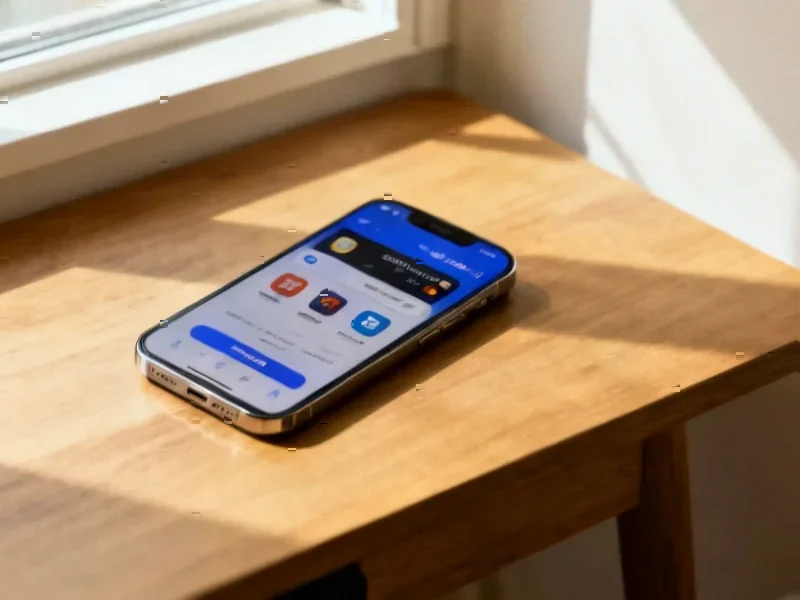According to Android Authority, rapper Soulja Boy is currently selling the Retroid Pocket Flip 2 gaming handheld as his own product without any official licensing agreement or permission from the manufacturer. The company behind the device confirmed this is not an authorized partnership and stated their product is patented in the United States. Social media reactions highlight skepticism, with one commenter referencing Soulja Boy’s failed 2018 console venture where customers reportedly never received their orders, while others criticized the pricing and questioned whether the device functions as an emulator. The situation raises immediate concerns about intellectual property infringement and consumer protection given the artist’s previous track record with similar ventures.
A Pattern of Questionable Hardware Ventures
This isn’t Soulja Boy’s first rodeo with gaming hardware controversies. Back in 2018, he launched what he called “the SouljaGame Console” and “SouljaGame Handheld,” which were quickly identified as rebranded Chinese emulators from companies like Anbernic and other manufacturers. The venture ended disastrously with multiple copyright infringement notices from major gaming companies and numerous customer complaints about undelivered products. What’s particularly concerning is that the current situation appears to follow the exact same playbook – identifying popular Chinese-made emulation hardware and simply applying different branding without addressing the underlying legal and technical issues that plagued his previous attempt.
The Complex Economics of Emulator Hardware
The Retroid Pocket Flip 2 that Soulja Boy is attempting to rebrand retails for approximately $169 directly from manufacturers, positioning it in the competitive mid-range emulator market. These devices typically run Android-based operating systems and rely on open-source emulation software to play games from classic consoles. However, the business model is fraught with legal peril since most console manufacturers aggressively protect their intellectual property. Legitimate companies in this space carefully navigate these waters by selling the hardware alone without pre-loaded games, but the temptation to include ROMs often leads to the legal issues that doomed Soulja Boy’s previous venture. The markup he’s attempting to apply appears disconnected from the actual value proposition of these devices.
Broken Promises and Consumer Trust
The most alarming aspect of this situation comes from the social media comments referencing undelivered products from the 2018 venture. When influencers or celebrities attach their names to hardware products, they’re essentially putting their reputation behind the company’s ability to deliver on promises. The fact that customers are still complaining about unfulfilled orders from five years ago suggests a fundamental breakdown in business ethics and customer service. In today’s market, where regulators are increasingly cracking down on influencer marketing violations, repeating the same patterns that previously resulted in consumer harm represents significant legal and reputational risk.
Why This Business Model Is Fundamentally Flawed
The fundamental problem with Soulja Boy’s approach isn’t just the lack of permission from hardware manufacturers – it’s the complete misunderstanding of what makes successful gaming hardware businesses work. Companies like Valve with the Steam Deck or even smaller players like Anbernic succeed because they control their supply chain, provide customer support, develop software updates, and stand behind their products. Simply slapping your name on generic hardware without addressing any of these crucial elements creates a house of cards that collapses at the first sign of trouble. The social media comments questioning the value proposition compared to established products like the Steam Deck highlight that consumers are increasingly savvy about what constitutes legitimate hardware versus rebranded products with celebrity markup.
The Inevitable Legal Reckoning
Given that Retroid has confirmed the product is patented in the United States and that no licensing agreement exists, this venture appears headed for the same legal fate as the 2018 attempt. Patent infringement claims could result in injunctions preventing sales, substantial financial damages, and seizure of inventory. More concerning for consumers, when these legal actions occur, customers who’ve already purchased devices often find themselves with unsupported hardware and no recourse for refunds. The commenter who asked “How long till he get sued (again)?” has correctly identified the most predictable outcome of this venture, suggesting that both the business approach and consumer skepticism haven’t evolved since the previous failed attempt.




